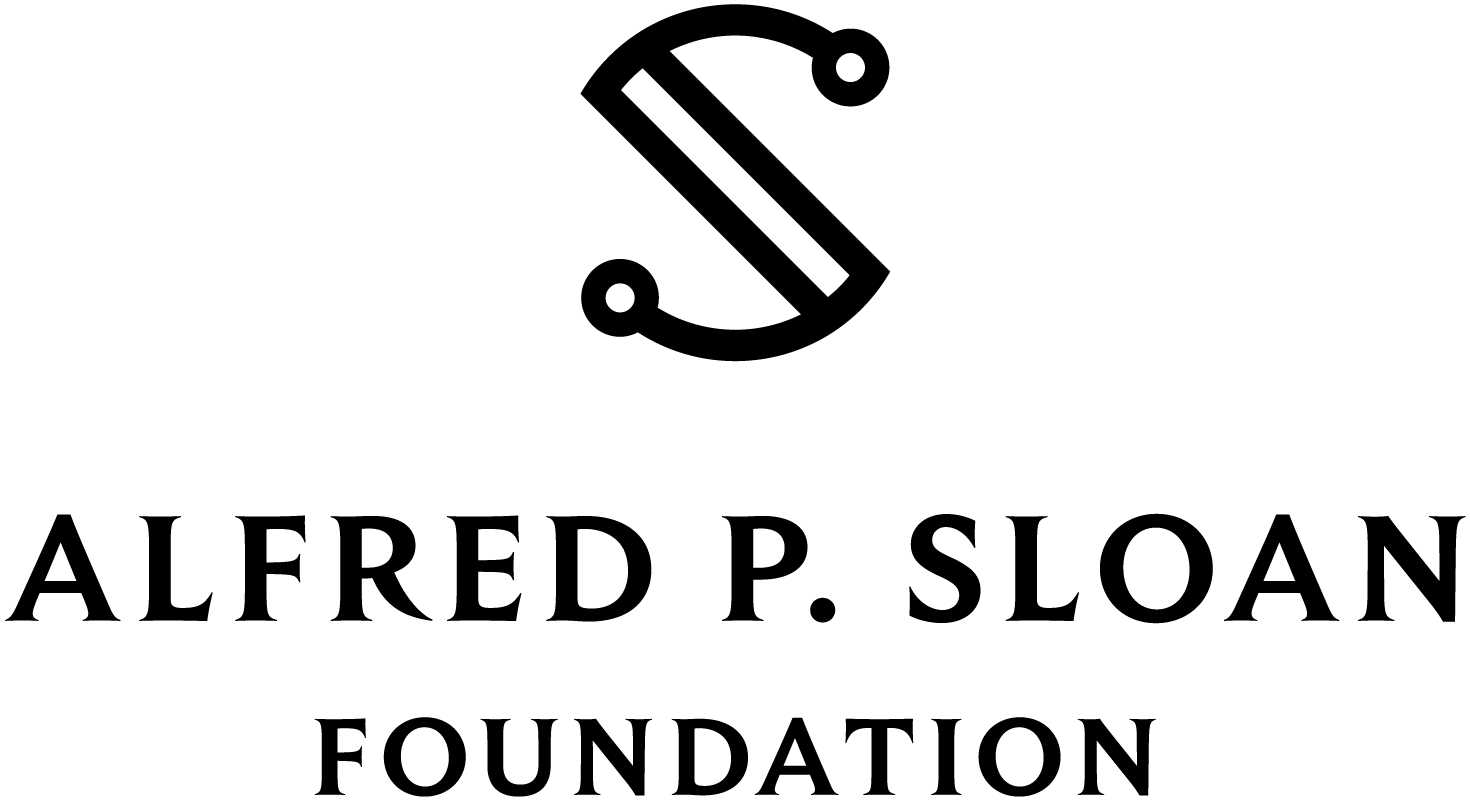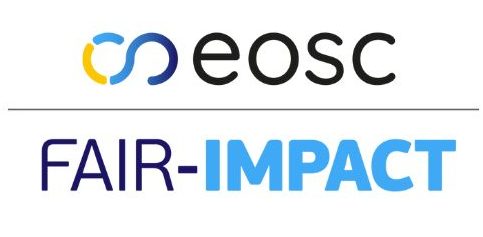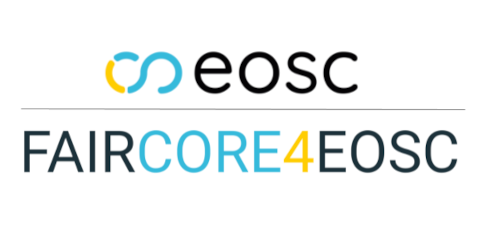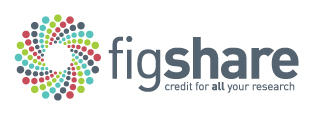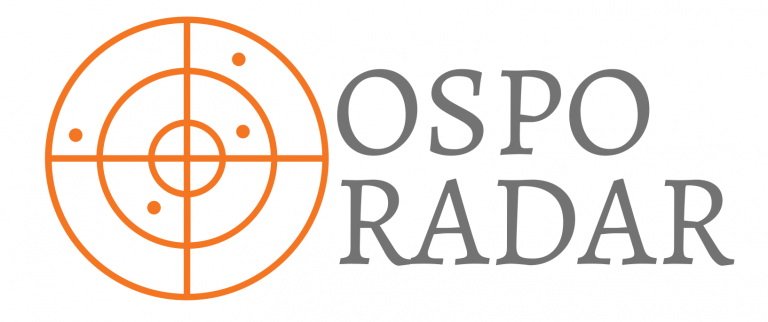The CodeMeta Project
Introducing CodeMeta
CodeMeta provides a shared, minimal metadata vocabulary for software, designed to support research, discovery, citation, and interoperability across platforms. It is currently being used in major initiatives such as FAIRCORE4EOSC to make research software FAIR (Findable, Accessible, Interoperable, Reusable).
CodeMeta acts as a vital bridge between software development and academic disciplines.
Aiming to ease conflicting priorities, CodeMeta was founded in 2016 by a consortium of researchers. Using existing standards such as Schema.org terms and JSON-LD, CodeMeta is now a recognised framework that is employed by a worldwide community of developers, researchers, and archivists.
When used and maintained in code repositories and software distribution systems, CodeMeta enables the exact version of a library or application, that has been used and cited in scientific and other research, to be reliably identified and reused.
Research Software MetaData Guidelines
CodeMeta is suggested for use by the following Research Software MetaData Guidelines recommendations:
Why CodeMeta? — Key Use Cases
- Enabling Reliable Software Citation
- Consistent software citation remains a challenge in scholarly communication. CodeMeta supports structured metadata that enables software to be cited, indexed, and credited correctly. This aspect is highlighted by FAIRCORE4EOSC’s integration of CodeMeta into software archival and citation workflows.
- Standardizing Software Metadata
- Software metadata is often scattered across incompatible formats and tools. CodeMeta defines a common, machine-readable vocabulary (JSON-LD) that enables software metadata to be shared consistently across repositories, registries, and platforms — making it possible for large infrastructures like EOSC to standardize metadata at scale.
- Improving Discovery and Reuse
- By using a common metadata schema, software becomes easier to discover both by humans and machines. CodeMeta metadata in APIs and connectors improve interoperability, discovery and sharing of research software across repositories and services.
- Supporting Interoperability Between Systems
- CodeMeta acts as a “metadata exchange layer” linking diverse systems. This enables metadata to flow between repositories, publishers and aggregators, improving exchange and integration without bespoke converters.
- Enhancing Transparency and Reproducibility
- Clear software metadata helps others understand what software does, how it was created, and how it can be used — which is critical for reproducible science. Users can now leverage standardized metadata for archiving, describing, and citing software artifacts in a FAIR-compliant ecosystems.
Learn more: Additional use cases and related research
- See a full list of CodeMeta use cases
- Learn about FAIRCORE4EOSC and their Core Components for a FAIR EOSC
Connecting via Crosswalks
Repositories, software languages, and scientific domains often have different vocabularies for their metadata. Our Crosswalks exist to provide a reliable path to interoperability. By mapping each of these formats to CodeMeta via a Crosswalk, CodeMeta acts as a translation layer for data to be converted freely, preserving information that would otherwise be lost.
News
- CodeMeta Party: Shaping the future of software metadata Dec 04, 2025 9:52 AM UTC
- CodemetaR Author streamlines software metadata updates Jun 18, 2025 2:48 PM UTC
- Software Heritage Citation Feature: Addressing researcher needs May 07, 2025 2:35 PM UTC
- The OSPO-RADAR Project: Making research software easier to find and use Apr 02, 2025 1:06 PM UTC
- New Features in the CodeMeta Generator Aug 30, 2024 3:07 PM UTC
Create a CodeMeta file
Events
Check back soon!
TBA
